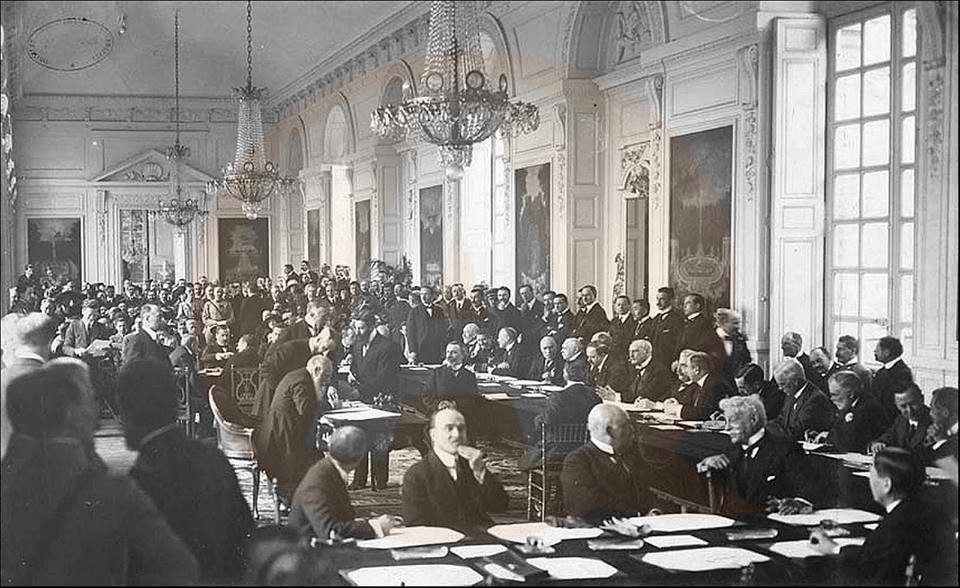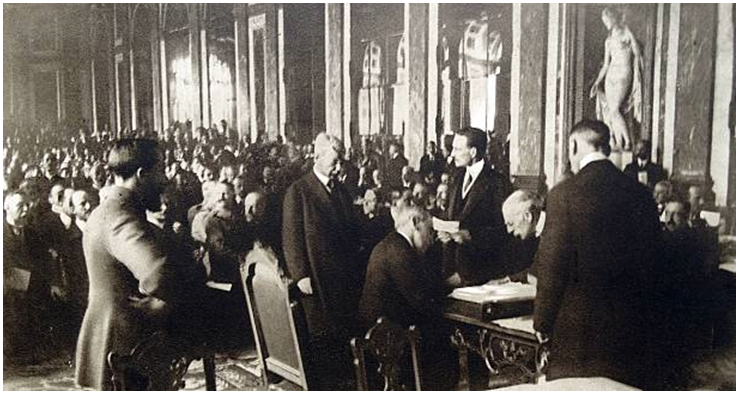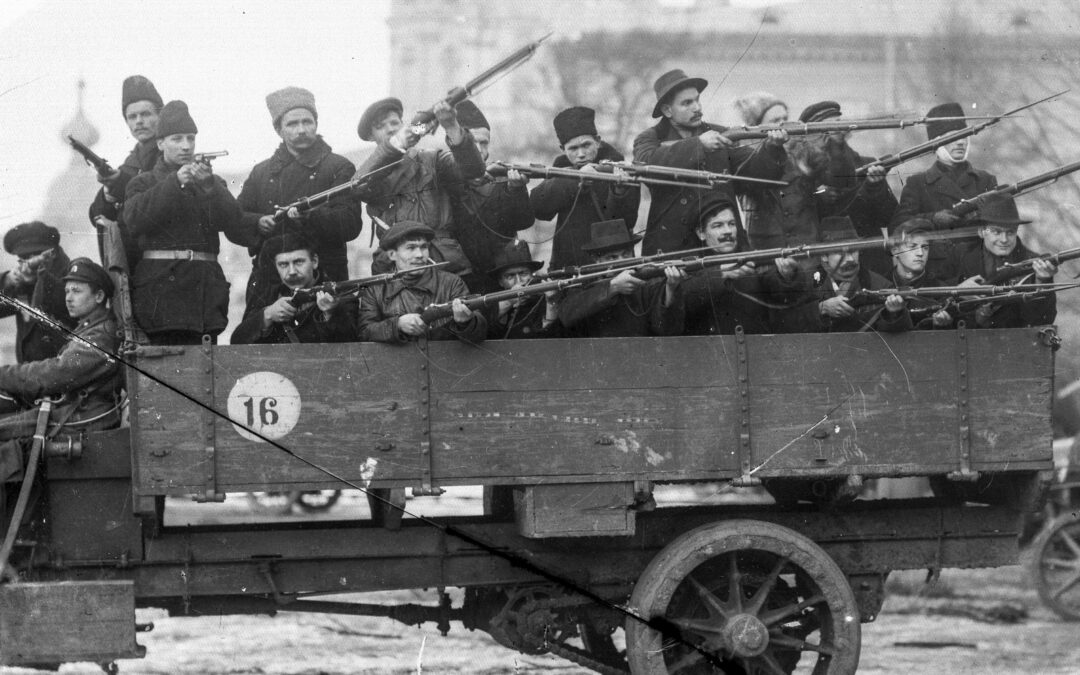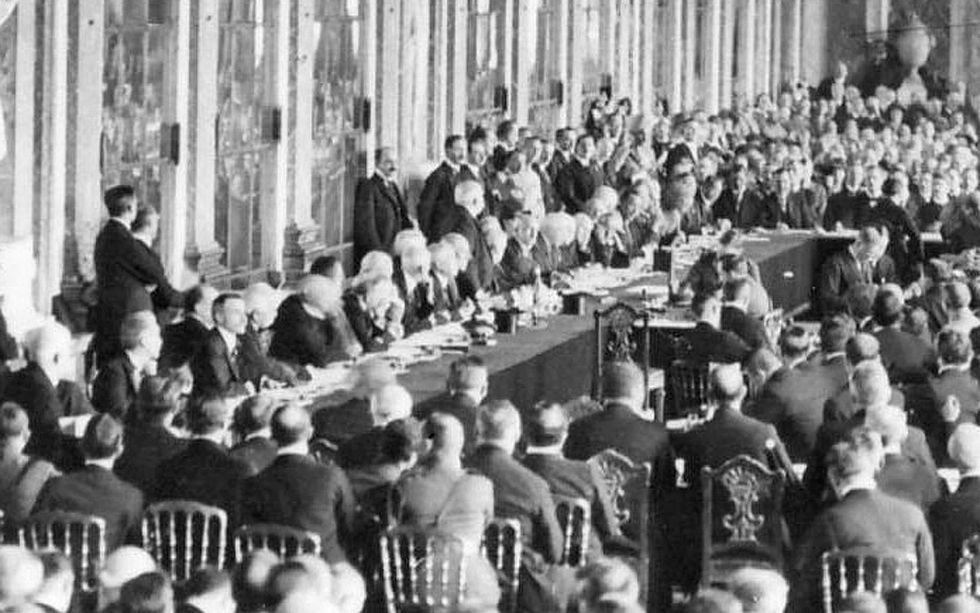
by Ciprian Stoleru | Jul 27, 2020 | Czechoslovakia, Hungary, Programmatic Documents, Romania, Treaty of Versailles, Yugoslavia
The Trianon Peace Treaty was signed on June 4th, 1920 by France, Great Britain, Italy, the United States, Japan, Romania, the Kingdom of Serbs, Croats and Slovenes, Czechoslovakia and nine other states, on the one hand, and Hungary, on the other hand, being... 
by admin | Jul 16, 2020 | Programmatic Documents, Romania, Treaty of Versailles
Ionel Brătianu, the Romanian prime minister, had a tumultuous relationship in Paris with the leaders of the Great Powers. He was deeply dissatisfied with the fact that the Great Powers did not recognize Romania’s equal status that would allow it to better promote the... 
by Ciprian Stoleru | Jun 4, 2020 | Russian Empire, Treaty of Versailles
Winston Churchill, who during the 1919 Paris Peace Conference was the British Secretary of State for War and Air, was one of the few Allied leaders who understood that Lenin and his Bolsheviks were a new phenomenon on the political scene and that, behind the Marxist... 
by Ciprian Stoleru | Jun 2, 2020 | Hungary, Russian Empire
The installation of the Bolsheviks at the helm of Russia in late 1917 would pose a real danger to Eastern European countries, but the virus continued to spread to other European countries. How much of a threat was Bolshevism to the victors of the First World War,... 
by Ciprian Stoleru | Jun 1, 2020 | Treaty of Versailles
British Prime Minister David Lloyd George, said during the Paris Peace Conference that Russia had become a land of the unknown: “Russia was a jungle where no one could say exactly what was happening”. The Great Powers did not understand what the situation in Russia...





